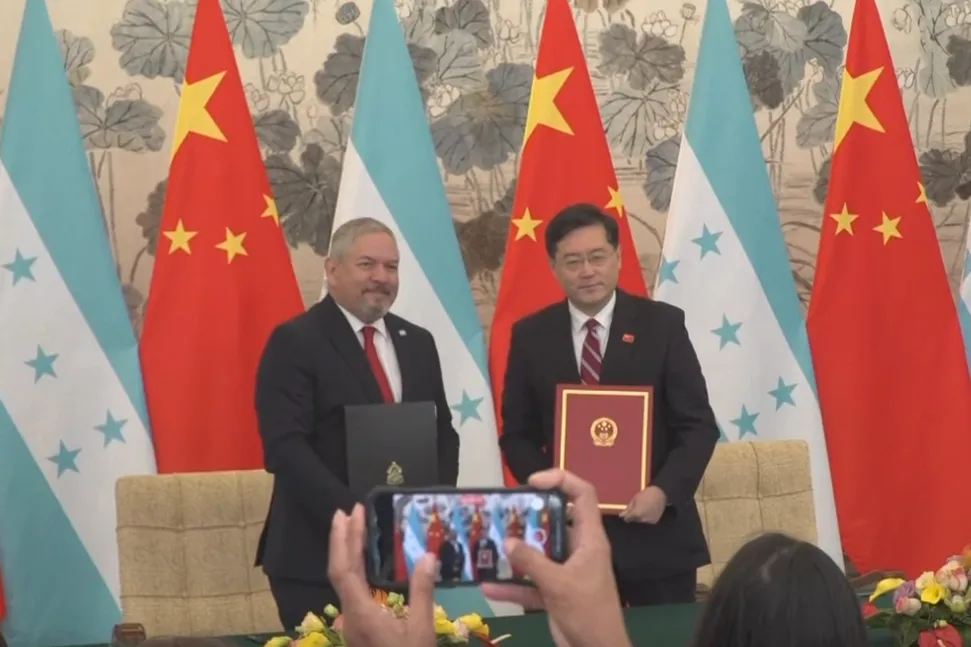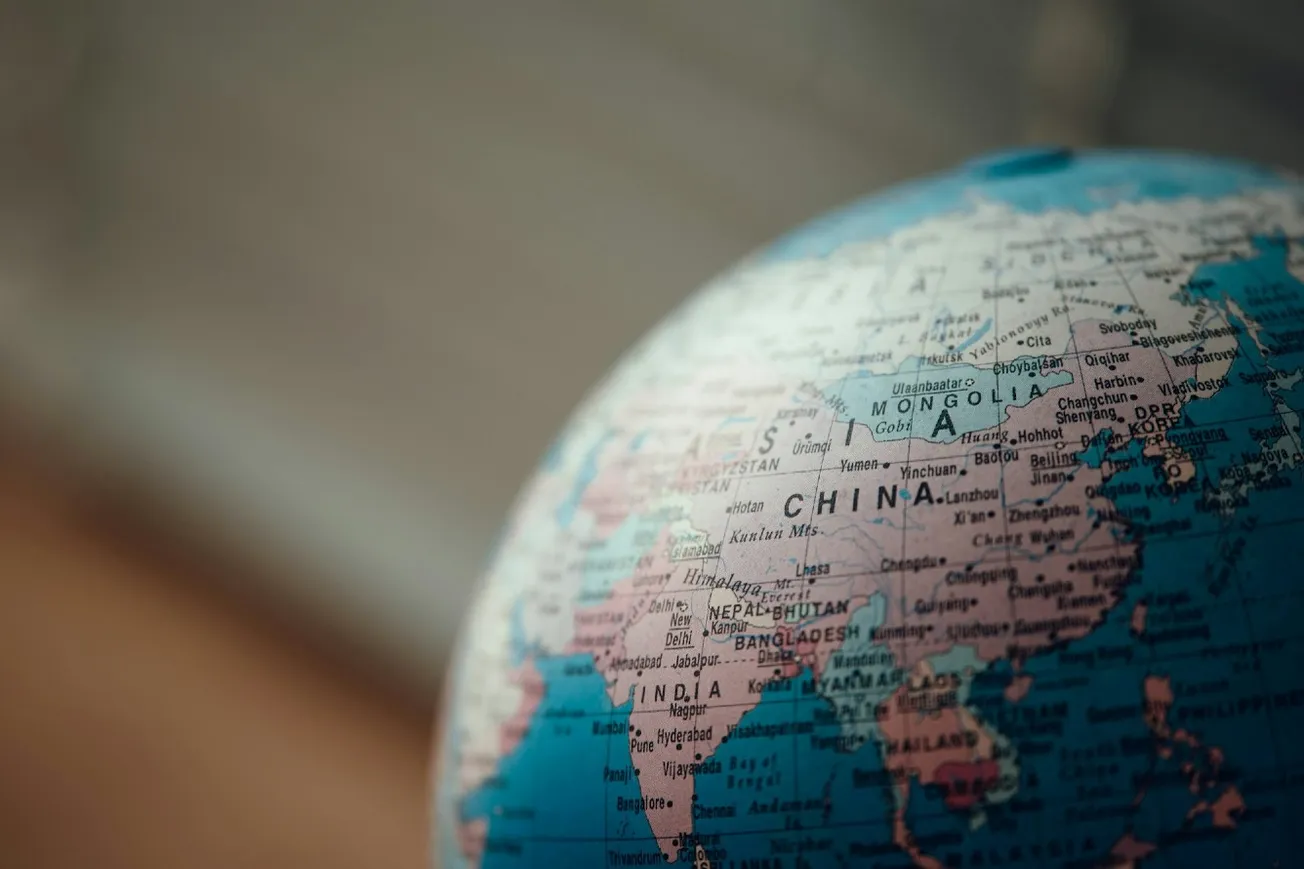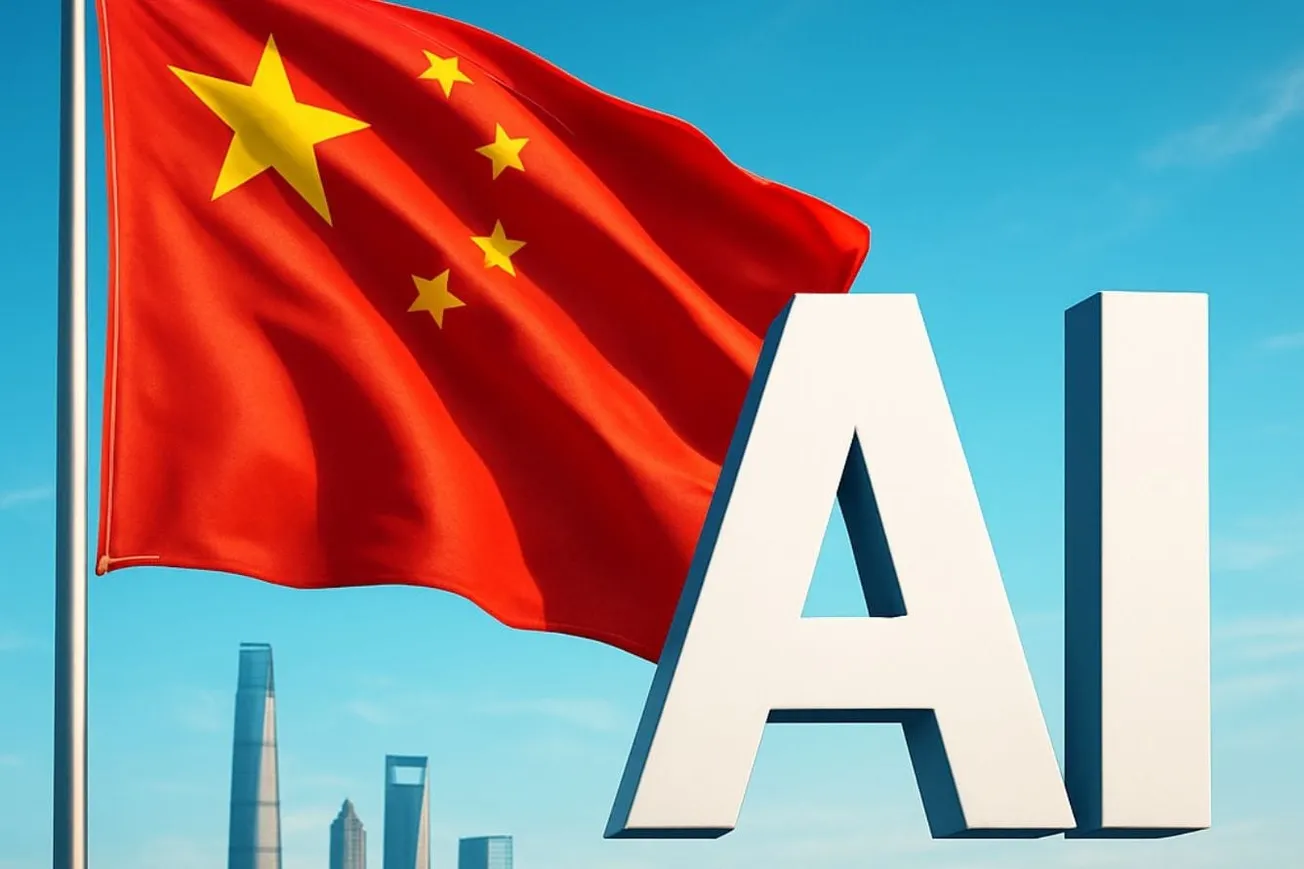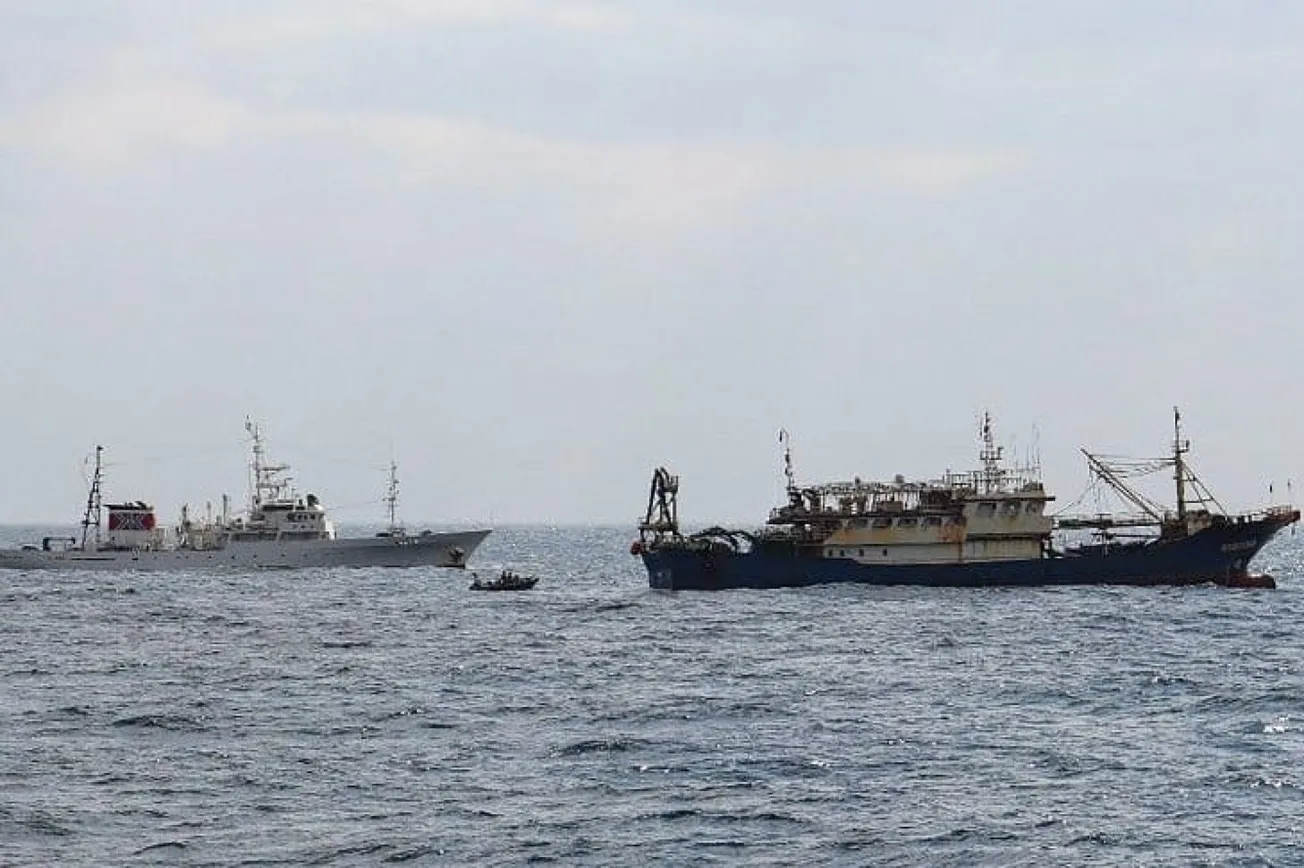One more country, Honduras, has shifted allegiance to China. While Beijing was at pains to explain that it was a non-conditional “diplomatic deal,” Tegucigalpa broke off its relations with Taiwan, proving that some conditions had to be met.
While the Chinese foreign ministry described the move as “the right choice” for the second poorest country in Central America, it appears to be a pragmatic economic decision.
It had been reported that Honduras had requested a loan of $2.5bn from Taiwan to construct a hydro project, a hospital and to repay debts. Though Tegucigalpa denies such a request was made, Taiwan’s Foreign Minister is on record saying that the former ally had demanded “a high price” to maintain diplomatic relations.
Taiwan is finding itself increasingly isolated by China’s intensified diplomatic overtures. Nine countries have broken off relations with the island’s administration since Tsai Ing-wen became the island’s president in 2016.
With just thirteen countries - Marshall Islands, Nauru, Palau, Tuvalu, Eswatini (Swaziland), Vatican City, Belize, Guatemala, Haiti, Paraguay, Saint Kitts and Nevis, Saint Lucia, and Saint Vincent and the Grenadines – maintaining formal ties with Taipei, its international status is eroding.
Though the self-governing island enjoys informal ties and trade relations with many, has powerful allies like the U.S., and has a seat at many international forums, its status of statehood and sovereignty remains in limbo. With global trade skewed in China’s favor and many developing nations indebted to Beijing’s “development investment” largesse, Taiwan may find it difficult to win back its lost allies.
During its exuberant growth phase, Taiwan extended financial and technical aid to countries and enjoyed formal diplomatic relations with them. Taiwanese firms invested in Central America, and the island territory had set aside a $240 million aid fund for the region.
But the tide had turned, and China is leveraging “dollar diplomacy” and flexing its trade powers to wean away support from Taiwan. With the establishment of formal diplomatic ties, Beijing is looking to expand avenues of investment in tourism, trade, education, and media in Central America. Tegucigalpa is hoping to augment its infrastructure, trade, and finance sectors.
Honduras is a good market for China, and trade between the two has grown significantly in the past few years. According to the General Administration of Customs of China (GAC), in 2022, bilateral trade was billed at $1.589 billion. Chinese exports amounted to $ 1.56 billion, and imports made up $ 29.239 million.
Despite pressure from the U.S., Honduran President Xiomara Castro aligned with China to boost the country’s economic prospects. Though Beijing’s expanding influence so close to America’s southern border is distressing, it may have some benefits. Should China boost Honduras’s economy and improve living standards, it could bring down the number of people trying to emigrate to the U.S.
The pragmatic decision by the small Central American country is seen as the fallout of the deteriorating U.S.-China relations. Countries are choosing to make “issue-based” agreements and “principle-based” decisions to protect and promote their national interests. Such decisions cannot be faulted, as many developing countries were left to fend for themselves when the Covid-19 pandemic disrupted trade and food movement for months. There were reports that China had stipulated that countries must break off diplomatic ties with Taiwan in return for Chinese-manufactured Covid-19 vaccines.
Despite such shocking reports, China is expanding its sphere of influence. The Solomon Islands broke rank and gave Beijing a toehold in the Pacific. Brokering a Saudi-Iran peace deal has shown Beijing’s growing influence in the Middle East. With another Central American country falling in line with its plans, China is shaking up the world order.
While Honduras is the latest to shift allegiance in hopes of benefitting from China’s “dollar diplomacy,” Beijing’s track record shows that its diplomacy is only a few steps from “debt trap” projects and policies.
Please email editor-tippinsights@technometrica.com









